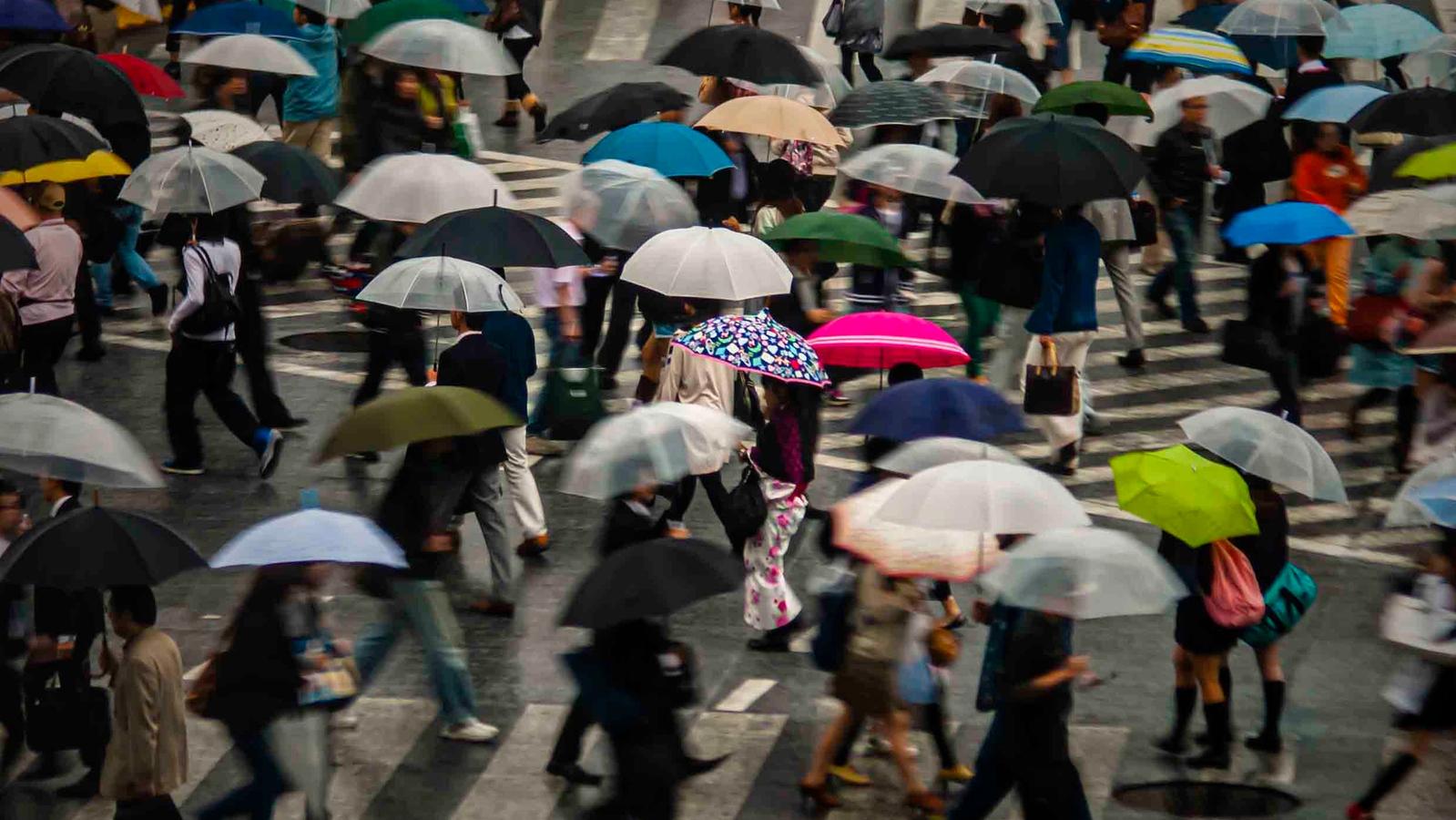

Table of contents:
Living in Japan is a vastly different experience from visiting Japan as a tourist. Many people who visit Japan claim to fall in love with Japanese culture. They fall in love with the Japanese temples, the delicious food, the manga and anime culture, and the difference in lifestyle.

However, there is a huge difference between experiencing Japan as a tourist vs the day-to-day realities of living in Japan. I have lived in Japan for about 20 years, and most people who come to live in Japan end up leaving. I am not trying to discourage you from moving to Japan. For me, I love living in Japan! But, if you are going to live in Japan, you need to be prepared.
Please share your ideas or opinions about this topic related to this article. You can write something in the comment section below.

1. Is Japan a Good Place to Live? The Pros & Cons to Living in Japan
1.1. The Pros of Life in Japan
First impressions of Japan often include how clean and organized everything seems. On the surface, Japanese people are cooperative and friendly to those around them.
When you first come to Japan, you will be struck by the following points:
- Japan has a strong social order that guides social behavior.
- Japan has a low cost of living compared to countries like the USA, UK, and Australia.
- A strong feeling of community.
- Low crime rate makes Japan feel safe to travel.
- Clean streets and little to no graffiti.
- Japanese residents often go out of their way to assist.
1.2. The Cons of Life in Japan
For many people, Japan is a wonderful place to live (myself included). However, living in Japan is not for everyone.
People living in Japan face daily challenges due to complex socio-cultural differences. It's important to be realistic about your expectations before moving to Japan.
Some things that foreign residents living in Japan struggle with:
- Japan is slow to change. This is partly due to Japan's aging population.
- It is behind many countries in online software development.
- Japanese workplaces are stuck in the past, with outdated work practices.
- Salaries are lower compared to other countries, with many people having to budget to $2,000 USD a month.
- Regrading gender equality, Japan ranks the lowest among developed countries.
- Critics say Japan's education system is conformist and fails to support student diversity.
- Making friends in Japan can be difficult and has a large learning curve.
While the idea of living in Japan might seem exciting, for some the reality can be starkly different. A large number of foreigners visit Japan, but few actually decide to settle down in there.

Popular Articles

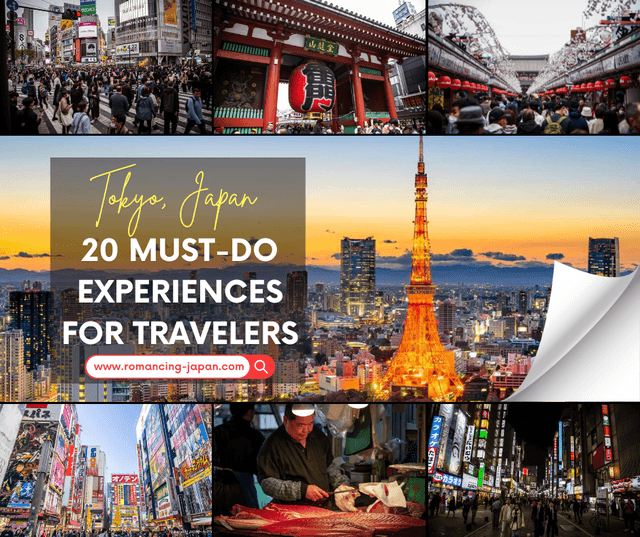
Tokyo Favorites: 20 Must-Do Experiences for Travelers
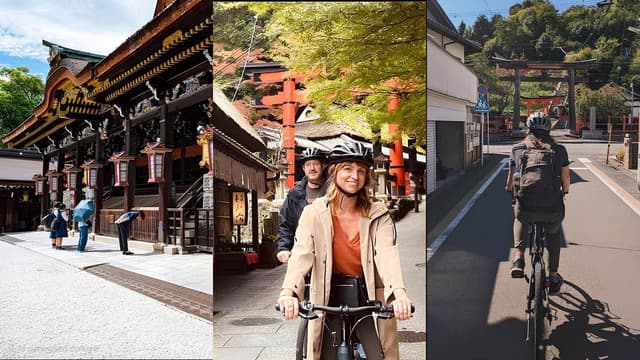
Kyoto Bike Tours: Discover the City’s Hidden Gems with Noru
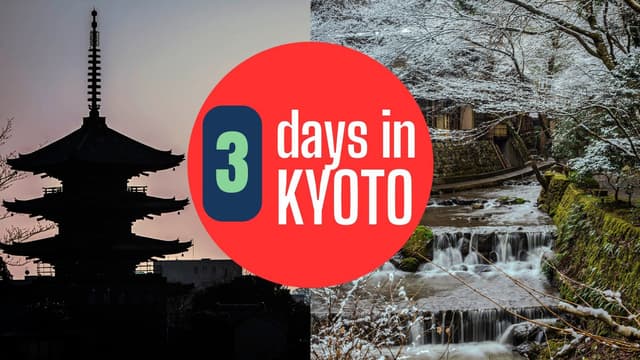
Kyoto 3-Day Itinerary: Best Things to Do for First-Time Visitors

Universal Studios Japan Tickets: Your Guide to Visiting USJ
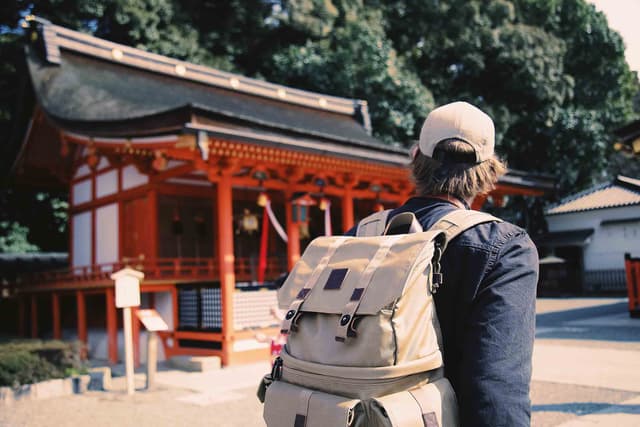
Find Out What Japan Really Thinks of Foreign Tourists

Manga Explained: Top Recommendations for Beginners
2. Language Challenges When Living in Japan
As a tourist in Japan, the people you meet are often willing to help you with communication. These people will often translate things for you and explain what they are. But, once you are living in Japan, you will need to develop your Japanese language skills to get by.
2.2. The Language Barrier When Living in Japan
You might be thinking "Why do I need to study Japanese? I'm sure that I can get around with just English."
The truth is understanding Japanese language will make your life in Japan much easier. Here is how Japanese language can help you:
- Understanding social integration
- Making Japanese friends
- Going shopping
- Going to the doctor and communicating your issue
- Dating Japanese people
- Getting a job in Japan
Even if you only learn the most basic Japanese, it will help you in your daily life. It will be hard if you don't know any Japanese. Even learning basic Japanese phrases can help you in your day-to-day life in Japan.
2.3. Japanese Language schools
If you want to learn Japanese, I recommend studying in Japan at a language school. There are language schools in Japan that offer intensive courses for foreigners.

3. Finding Friends While Living in Japan
3.1. Life in Japan Can Be Lonely For Some
Making Japanese friends and building a social circle can be very difficult. It's common for foreigners to feel isolated during the early stages of their stay. I've had people tell me that the first year in Japan was the loneliest time they ever experienced. This is especially if you don't speak Japanese. In Japan, most foreigners hang out with other foreigners. It's true! Let me explain...
3.2. Reasons Why Making Japanese Friends is Hard
- Social distance between friends in Japanese culture is greater than Western cultures.
- Japanese social etiquette means people don't want to be socially close to other people.
- Making friends with your work colleagues can be difficult due to the importance of power distance in Japanese culture.
- Some Japanese people don't want foreign friends. This sounds harsh, but its true. Many Japanese people feel that they cannot relate to foreigners. Even if that foreigner speaks Japanese and understands the culture.
Here is a great youTube video that supports what I have been writing about here. This video was made by JESSEOGN, Japanese youTuber. Check it out!
4. Foreigners Struggle with Japanese Work Culture
It can be very difficult for foreigners in Japan to adjust to the countries work culture. In fact, Japanese work culture is often referred to as "toxic". This is due to low salaries, frequently reported cases of harassment and office bullying, resistance to change, and excessive overtime.
4.1. Japan's Lack of Work-Life Balance
Maintaining a work-life balance while living in Japan can be a challenge. Mostly because of the demanding work culture of Japan. Your experience with this balance depends on the type of job you choose. In fact, it is the high-pressure working environment that causes many people to leave Japan.

4.2. Causes of Stress in Japanese Companies
- Corporate workers in Japan face a lot of pressure to prove themselves.
- Employees work late into the night. This is sometimes encouraged by the company managers.
- Employees who do not conform to company culture may experience bullying.
- Foreigners can face pressure to quit. Those who don't fit the company mold may be forced out (there are many stories like this on Reddit).
- Intense work culture can lead to 'karoshi' (過労死 - karoushi) (death from overwork).
4.3. Taking Holidays is Not Easy When Working in Japan
Taking holidays outside national periods like Golden Week and Obon is not discouraged. As there are so many national holidays, most employees only have one week of paid leave a year.
However, a Japanese company will usually not allow you to take the full paid leave in one period. Instead, people often add some of their paid vacation time to the start and end of a national holiday period to extend their vacation time.

5. Finding Somewhere to Live in Japan
As a tourist in Japan, may have been staying in hotels, but now that you are living in Japan, you will need to deal with the Japanese rental market. You might be in for a culture shock...
- Small spaces: Be prepared to live in very small spaces, especially if you plan to live in a central location.
- Tiny kitchen spaces: There are no ovens in most Japanese kitchens (houses and apartments).
- Thin walls: Apartments have very thin walls, which makes it easy to hear your neighbors.
- Rent in Japan: Rent is cheap, but initial costs to securing a rental property can be very expensive.
- Racial discrimination: You may experience racial or cultural discrimination. Some landlords don’t want to rent to non-Japanese residents.
- It pays to speak Japanese: Some landlords may rent to a foreign resident, as long as they speak Japanese.
Looking to rent an apartment in Japan? I recommend you check out Sakura House and Leopalace21. These places specialize in foreign residents. They are more expensive than the average price for apartments their size but offer convenience.

6. Is Japan the Right Fit for You?
Living in Japan as a foreigner depends on your personal situation and goals. First, visit Japan a few times to see how you feel about it. Ask others about their experiences living in Japan. If you're still drawn to Japan's culture, language, lifestyle, build a plan to make the big move. But be aware, that it could end up not agreeing with you.
FAQs
Is Japan a good place to live?
Yes, Japan is a good place to live for many people. It offers a high standard of living, excellent public transportation, low crime rates, and access to unique cultural experiences. However, it can also depend on your personal preferences and lifestyle. Live in Japan is not for everyone!
Is Japan life stressful?
Life in Japan can be stressful for some, especially due to long working hours and high societal expectations. However, the country’s safety, organization, and opportunities for relaxation in nature or hot springs can balance this stress.
Is it easy to adjust to life in Japan as a foreigner?
Adjusting to life in Japan can take time. The language barrier, cultural differences, and work expectations can be challenging. However, many foreigners find the experience rewarding with patience and an open mind.
How do Japanese treat foreigners?
Japanese people are generally polite and welcoming to foreigners. They appreciate when visitors and residents show respect for Japanese customs and culture. However, some foreigners may experience challenges like language barriers or occasional misunderstandings due to cultural differences.
What are the serious issues in Japan?
Japan faces several serious issues, including a declining birthrate, an aging population, and a shrinking workforce. These demographic challenges impact the economy and healthcare system. Additionally, cultural norms like long working hours and high societal pressures can contribute to stress and mental health concerns.
Loading Comments...

James Saunders-Wyndham
I've been immersed in Japanese culture and daily life for over 30 years and am proud to call Japan my home. Originally from Australia, my journey has taken me from teaching at Japanese universities to traveling extensively across the country, uncovering its hidden gems. As a web developer, I built Romancing Japan from the ground up to share these experiences with you. Whether it's the charm of old Kyoto, the pulse of Tokyo, or the tranquility of the countryside, I love helping others discover the magic of Japan—one story at a time.
Popular Articles
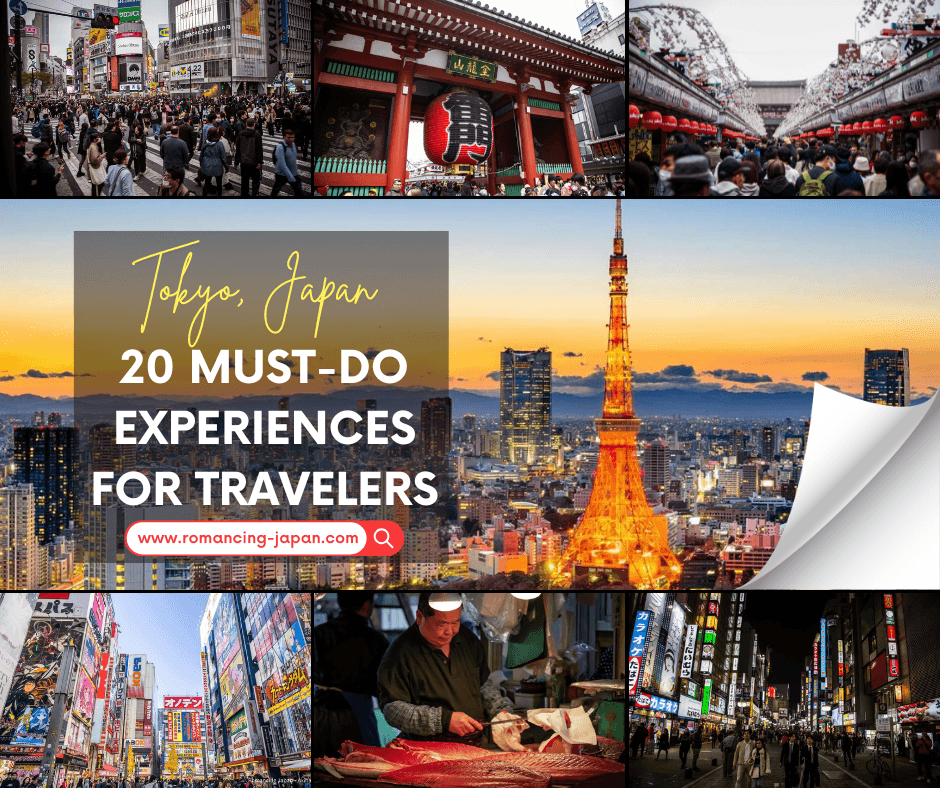
Tokyo Favorites: 20 Must-Do Experiences for Travelers
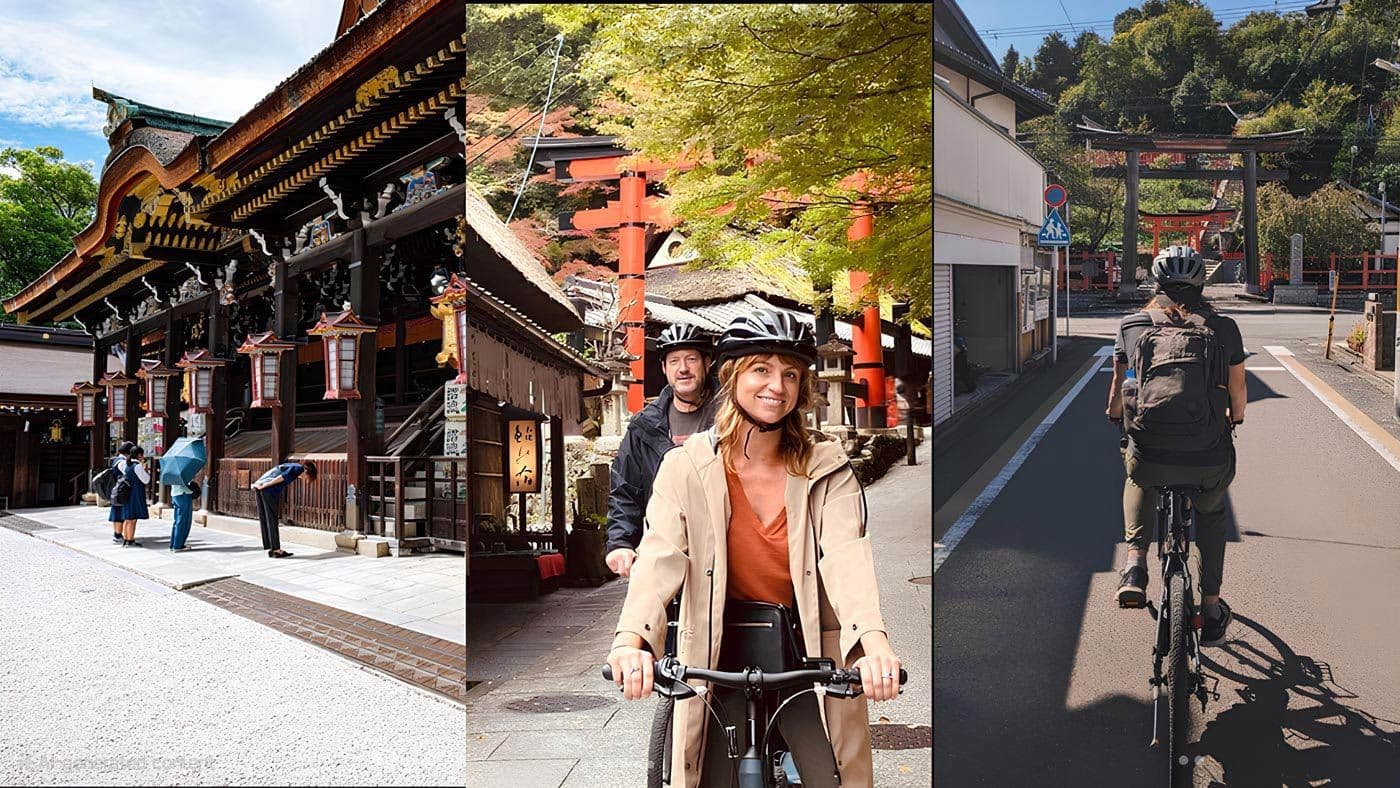
Kyoto Bike Tours: Discover the City’s Hidden Gems with Noru
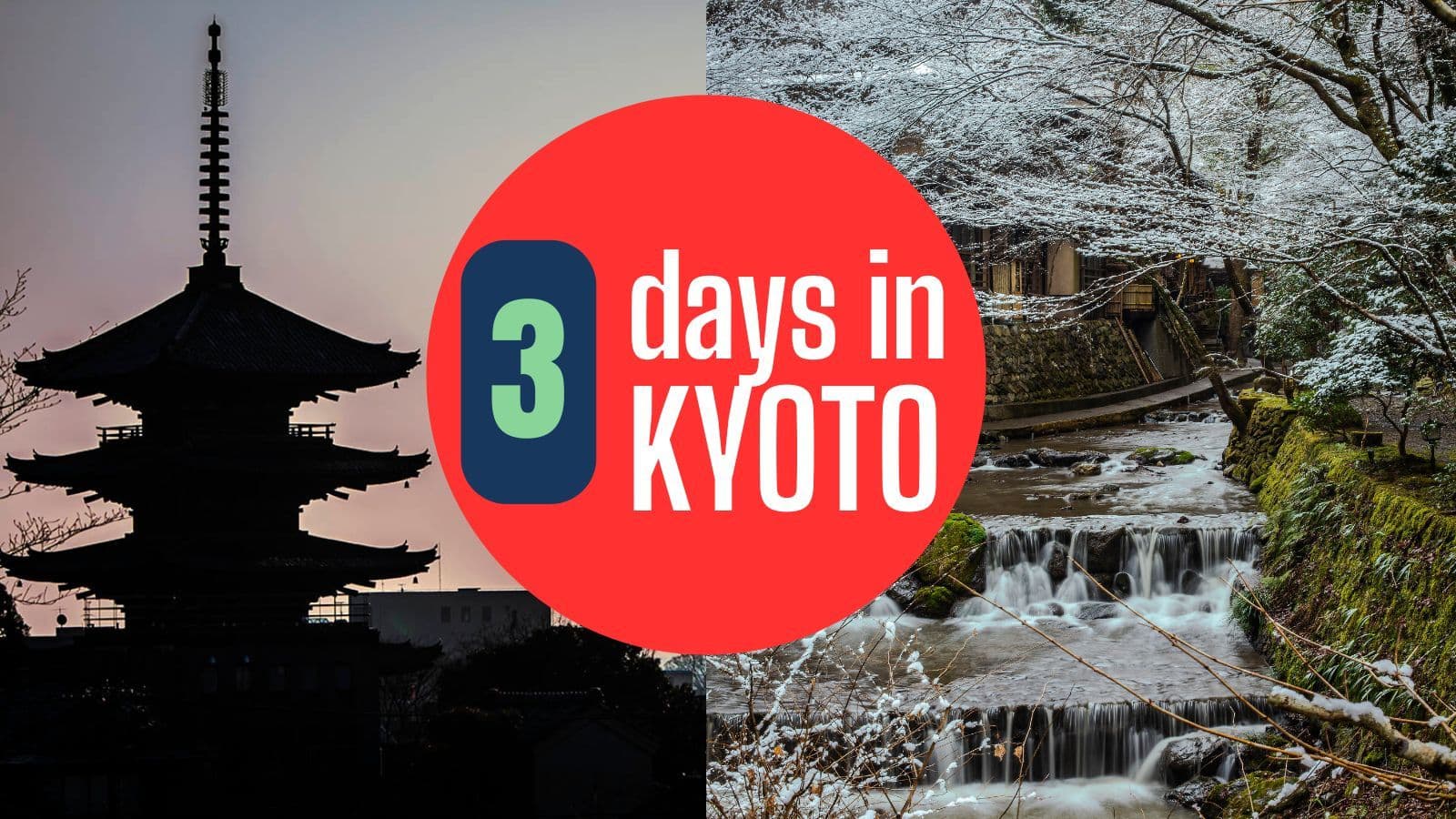
Kyoto 3-Day Itinerary: Best Things to Do for First-Time Visitors

Universal Studios Japan Tickets: Your Guide to Visiting USJ
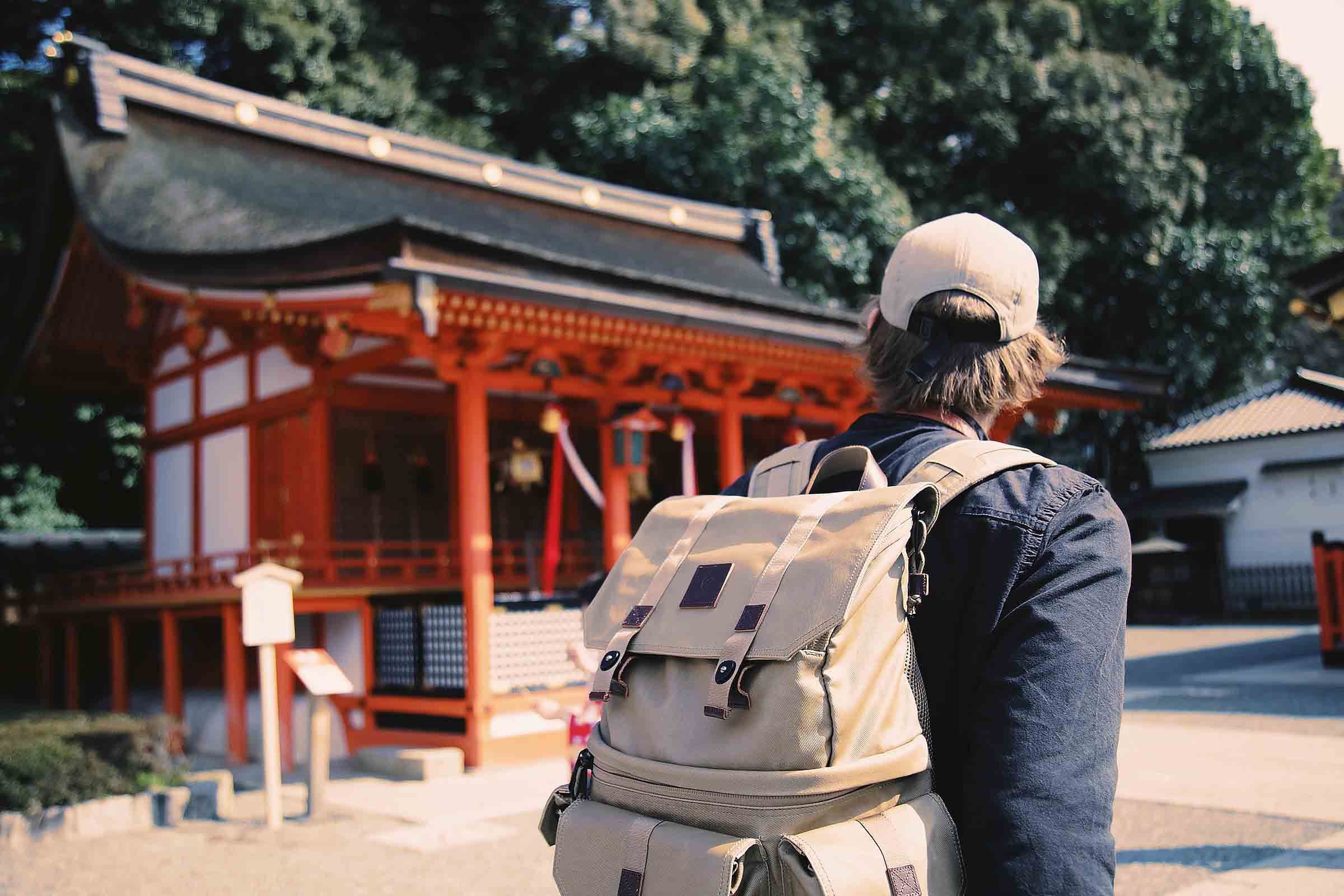
Find Out What Japan Really Thinks of Foreign Tourists
